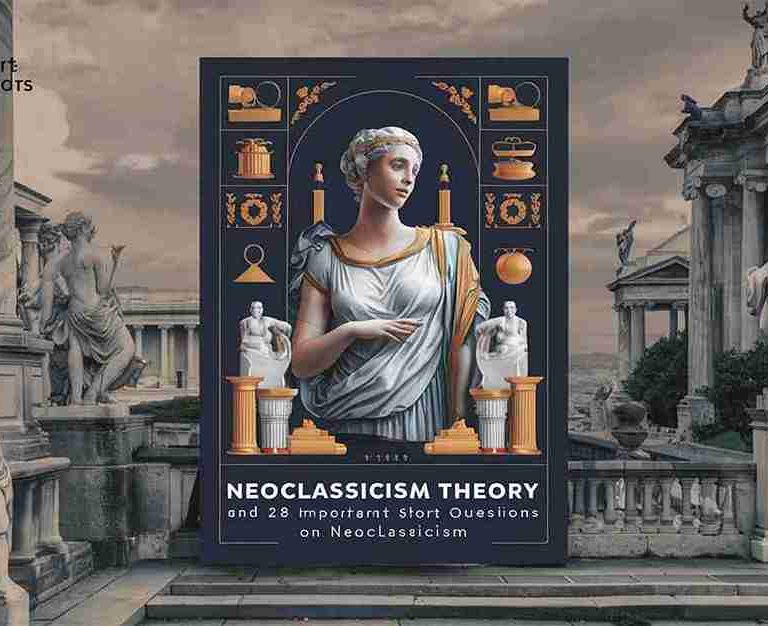Write a critical essay on the themes of love and time in Spenser’s sonnet One day I wrote her name. /// Consider Spenser’s attempt to eternise ‘a mortall theme’ in One day I wrote her name.
Ans. Elizabethan sonnets are remarkable for the conflict between time and love, -for the treatment of injurious Time that consumes all things with the hard teeth of the years little by little in slow death and decay, and beneficial love that keeps Time at bay. To present Time as an omnipresent, omnipotent cosmic force was a sonneteering convention of the Elizabethan age, which can be traced back to the Roman poets Ovid and Horace, the Italian Petrarch and Petrarch’s French imitators, Ronsard and Du Bellay.

Time brings to decay or subjects to sea-changes, all things that come into existence. Nothing can escape its scythe (onslaughts). It destroys or sinks into oblivion cities, monuments, kingdoms, marvels, youth, beauty and what not. Man and nature go through series of changes, and ultimately come to extinction owing to the swift, irresistible operations of Time. The injurious Time has found beautiful and memorable expression in Shakespeare’s problem-play Troilus and Cressida:
Time hath, my lord, a wallet at his back
Wherein he puts alms for oblivion.”
The attitude of Elizabethan sonneteers to destructive Time is one of defiance. They generally bring in love to counteract Time. They hold that love being eternal, does not care about the decay or destruction wrought by Time. The conception of the ravages of Time and of love triumphing over it was a commonplace of the poetic convention of the time.
ONE DAY I WROTE
In One day I wrote her name Spenser affirms the victory of love over Time. The poem begins in a dramatic way with the conflict between Time and Love. Time destroys the man’s effort to immortalize the name of his ladylove on the elements. In order to preserve the name of his love, Elizabeth Boyle, the poet writes her name on the strand twice, but the sea-waves rush in to wash it away both the times.
The ladylove rebukes the lover saying that it is foolish for him to eternalise a mortal thing like herself or her name or his love for her in the face of the decay or destruction wrought by Time. She takes Time to be omnipotent and thinks nothing can withstand its power of decay and destruction. But the poet-lover does not see eye to eye with her. He has absolute confidence in the sovereign power of verse.
He holds that mean earthly things are liable to decay and destruction. But poetry is a lofty, celestial thing, not subject to death or decay. He will write sonnets to celebrate her beauty, her name and her virtues. As his poetry will subjugate death and decay, she will live rather than let them subjugate her and his love for her, and she will ever live a deathless life being remembered by the lovers of poetry all over the world. He assures her.
“Where whenas death shall all the world subdew,
Our love shall live, and later life renew.”
His poetry will make death die an inglorious death instead of death making love die an unhappy death.
Spenser’s idea of poetry triumphing over death and decay betrays a striking similarity with Shakespeare’s in his sonnets. In Sonnet 18 (couplet) Shakespeare affirms the superiority of verse over death:
“So long as men can breathe, or eyes can see
So long lives this and this gives life to thee.”
In Sonnet 116 Shakespeare says,
“Love’s not Time’s fool.”
To sum up, One day I wrote her name is a triumph of love over Time.
ONE DAY I WROTE














